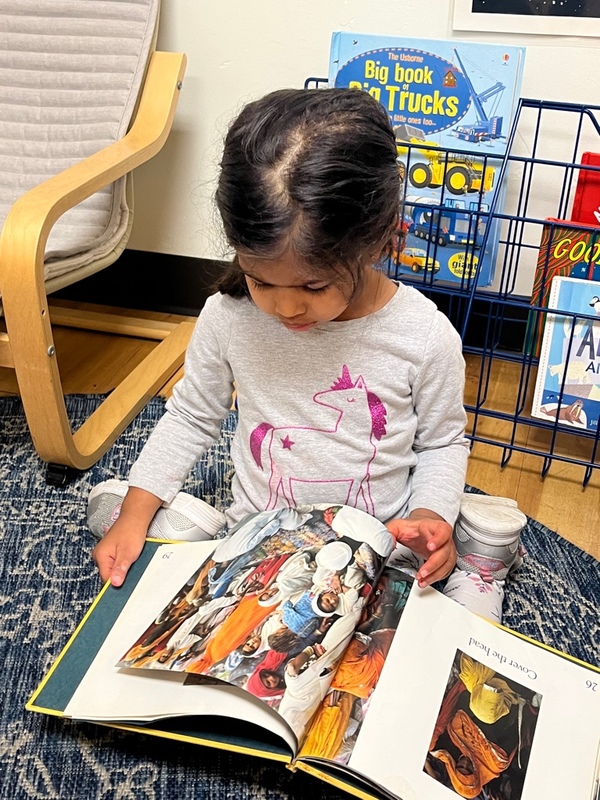(858) 759-0631
The Importance of the 3-Year Cycle and What to Expect
Montessori is not all about academics. The academic success we see in each child is merely the icing on the cake. The foundation underneath the icing is as important. The child works very hard in building this foundation throughout the 3 years they are in the classroom. Only when a child goes through their 3-year cycle can we truly see their success in the environment. When children have the opportunity to obtain an educational preschool foundation, it can pave the way for a lifetime of learning.
1st year
The child is transitioning to the Primary program. They are an observer as they gradually discover their new environment. Mainly works on Practical Life Exercises and early Sensorial Materials. Through these lessons, the child enhances their eye-hand coordination, expands the ability to concentrate, and builds their sense of independence. With these activities, the child gains self-confidence, and comfort being in the environment and most of all begin to create within themselves an interest in learning.
2nd year
The child enters their second stage of development. Beginning to focus on academic work (i.e. reading and math). More relaxed and aware of their environment. Repeats their work as they continue to absorb and polish all the skills they are learning. Becoming more aware of their responsibility in class and offer help to others. Social interaction becomes one of their focuses however, they is still observant and very much knows what is happening in their environment. The urge of becoming a class leader slowly appears.
3rd year
A confident child. The class leader. Knows lessons well and is proud of their work. An independent child who is driven by their interest in learning. Is a happy being who is filled with much empathy towards others. The child stands as a guide towards their younger peers as they may give lessons to them, read them stories, conduct their circle, present their project, help make decisions in class, and support in finding a solution when conflict arises. The child becomes the protector of the little ones as the child offers help and support whenever possible. The child is an individual who is ready to tackle their world.
Some parents worry that having younger children in the same class as older ones will leave one group or the other short-changed. They fear that the younger children will absorb the teachers' time and attention, or that the importance of covering the Kindergarten curriculum for the five- and six-year-old group will prevent teachers from giving the three- and four-year-old group the emotional support and stimulation that they need. Montessori teachers play a very different role from traditionally trained educators. The Montessori teacher's role is that of a facilitator and guide. The guide's role centers around the preparation and organization of appropriate learning materials to meet the needs and interests of each child in the class. The guide closely monitors their students' progress, keeping the level of challenge high. Because we come to know your children so well, we can often use their interests to enrich the curriculum and provide alternate avenues for accomplishment and success. Although I am thrilled to see the academic advancements made by all of my students, my real hope is that they will feel good about themselves, enjoy learning, and will continue to love school.
-Ms. Michelle, Dragonfly Teacher

